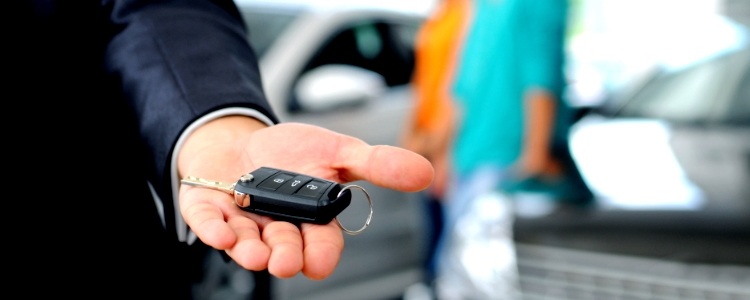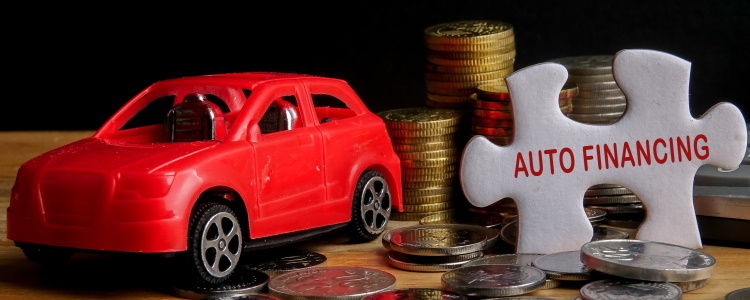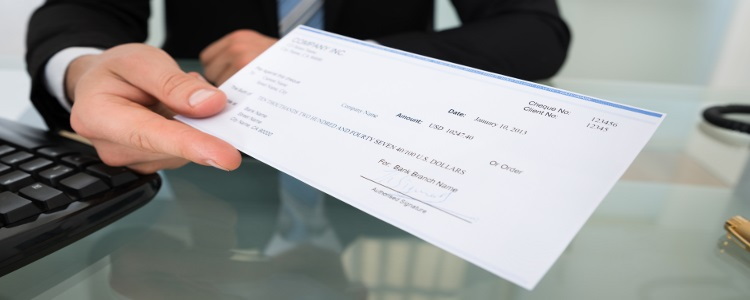When you have bad credit, it takes a little more paperwork to finance a vehicle compared to a traditional auto loan. Here, we list the documents a subprime lender needs to see in order to get you approved for a car loan.
Proper Documentation for a Bad Credit Car Buyer
With fair or poor credit, you're most likely going to have to provide a lender with specific documentation to prove you meet their qualifications. Though the specifics vary by lender, they typically want documents to prove that you're able to make payments, have a stable job and residence, and are willing to successfully complete a car loan.
These lenders do this by asking you to provide documents showing that you are who you say you are, make what you say you make, and live where you say you live. Personal references are generally needed to verify some of these things, and a down payment shows you're willing to have some skin in the game.
 Let's look at a typical list of requirements for auto financing when you have poor credit:
Let's look at a typical list of requirements for auto financing when you have poor credit:
- Proof of income: A computer-generated paycheck stub from the past 30 days showing year-to-date income. Generally, lenders require that your earn $1,500 to $2,000 dollars a month before taxes.
- Proof of residency: A current utility or bank statement in your name to your physical address – if you receive mail at a PO Box, it doesn't count as proof of residence.
- Proof of a working telephone: A current phone bill for a landline or contract cell phone in your name, at the address on the application – pre-paid cell phones don't count.
- Personal references: A list of five to eight personal references, complete with names, addresses, and phone numbers (home and work) of friends, family members, coworkers, or anybody else you know on a personal level.
- Down payment: A down payment of at least 10 percent of the vehicle's selling price or $1,000, whichever is less, is the typical subprime lender requirement.
Bad Credit Car Buying vs. Good Credit Car Buying
So, who decides what's good and what's bad as far as credit is concerned? Typically, credit scores are broken down into ranges by their respective providers, and can vary greatly depending on the scoring model. The most common scoring model used among lenders is FICO, but some lenders use VantageScore.
According to FICO, their credit score ranges are as follows:
- 800 and higher: Exceptional
- 740-799: Very Good
- 670-739: Good
- 580-669: Fair
- 579 and below: Poor
The type of auto loan you're eligible for, your interest rate, and even your vehicle selection can be impacted by your credit score. If you have good to excellent credit on the FICO credit scoring model, you stand a better chance of getting approved for a more expensive car at a lower rate. If you have poor credit, chances are you need to find a lender who can work with you, and that can be a big task.
With a Little Help from ACE
Finding the right lender to work with, and the right dealership to go to, doesn't have to be concerning or stressful. In fact, the process can be a breeze with a little help from Auto Credit Express. We work with a coast-to-coast network of special finance dealers that specialize in working with people in many types of credit situations.
These dealerships have the lending resources available to help out whether your credit is good, fair, poor, or just plain nonexistent. The process is simple: fill out our no-obligation auto loan request form and we'll get to work matching you with a dealer in your area!
















